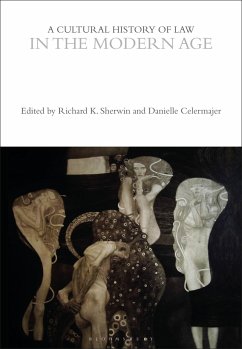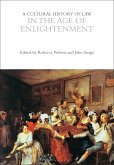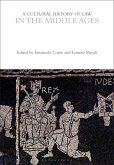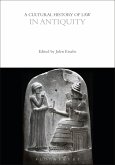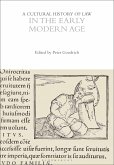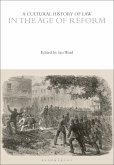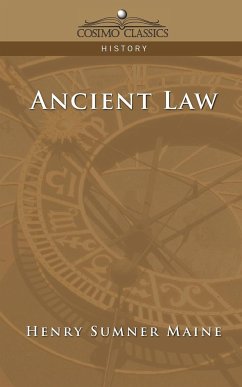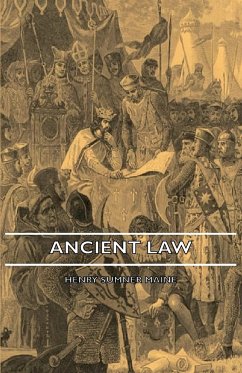The period since the First World War has been a century distinguished by the loss of any unitary foundation for truth, ethics, and the legitimate authority of law. With the emergence of radical pluralism, law has become the site of extraordinary creativity and, on occasion, a source of rights for those historically excluded from its protection. A Cultural History of Law in the Modern Age tells stories of human struggles in the face of state authority - including Aboriginal land claims, popular resistance to corporate power, and the inter-generational ramifications of genocidal state violence. The essays address how, and with what effects, different expressive modes (ceremonial dance, live street theater, the acoustics of radio, the affective range of film, to name a few) help to construct, memorialize, and disseminate political and legal meaning. Drawing upon a wealth of visual, textual and sound sources, A Cultural History of Law in the Modern Age presents essays that examine key cultural case studies of the period on the themes of justice, constitution, codes, agreements, arguments, property and possession, wrongs, and the legal profession.

